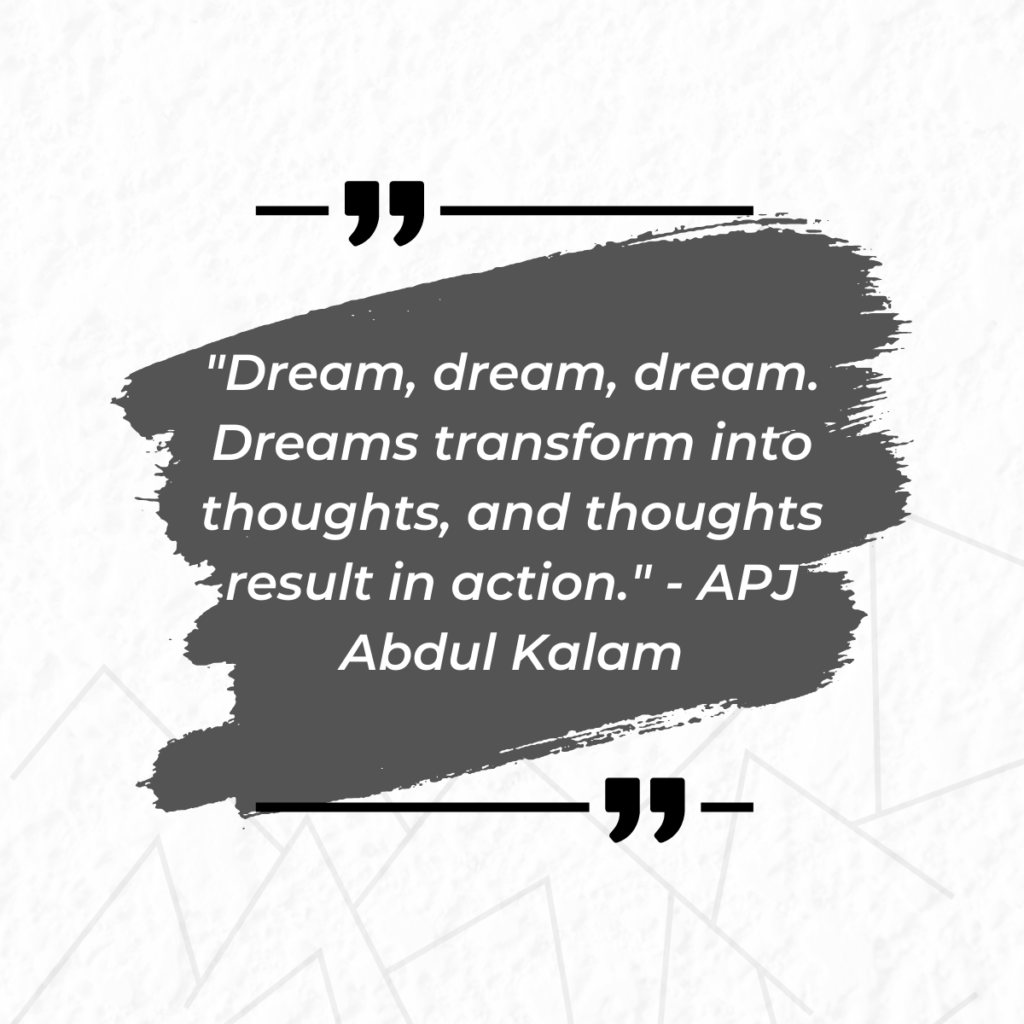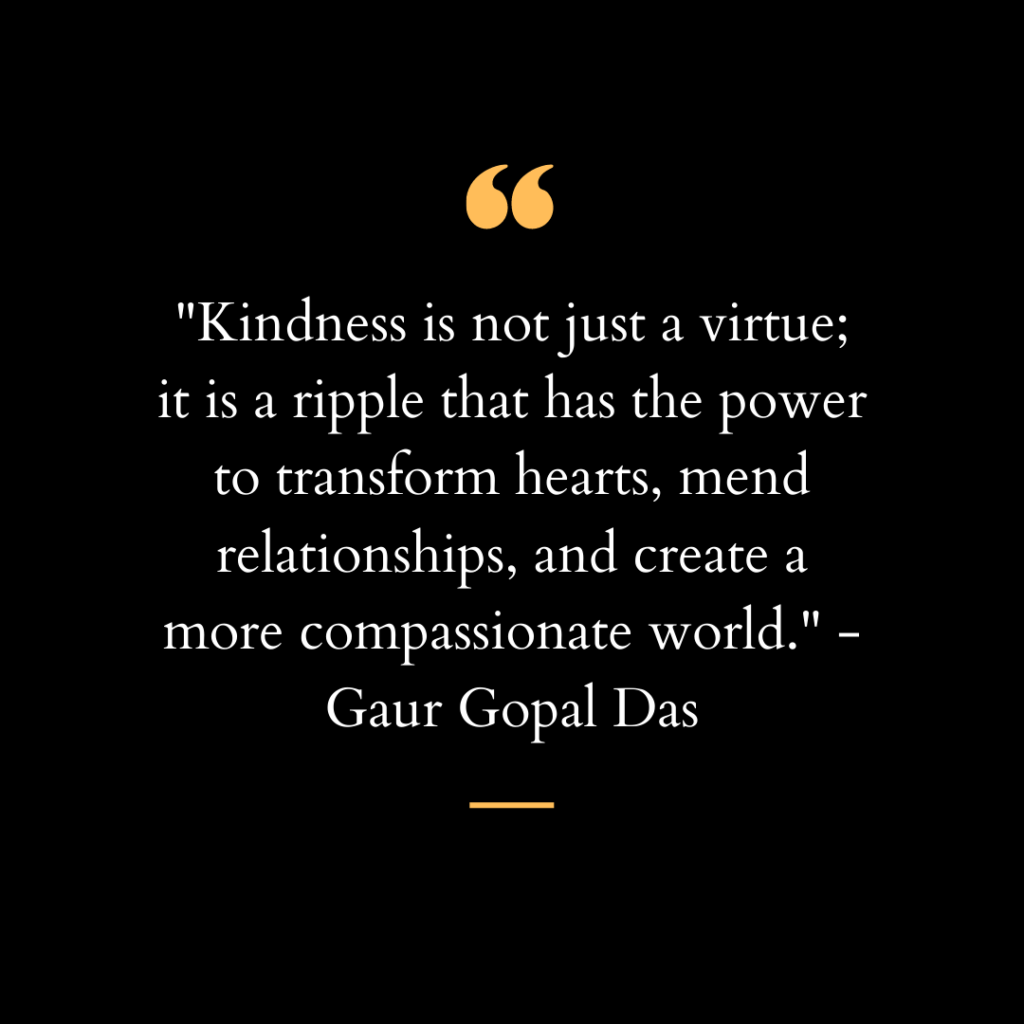“Teachers can open doors, but you must enter them yourself.”
Who is your guru? Take a moment to ponder this question. Reflect on the individuals who have played a significant role in shaping your life, guiding you towards your goals, and imparting wisdom. Perhaps it is a teacher, a mentor, a family member, or even a spiritual guide. Guru Purnima, a revered festival celebrated in various cultures, provides us with an opportunity to honor and express gratitude to these guiding lights in our lives.
Defining the Meaning of Guru: The word “guru” is derived from the Sanskrit language, where “gu” means darkness and “ru” signifies the one who dispels it. A guru is more than a mere teacher; they are a beacon of knowledge, wisdom, and inspiration. A guru possesses the ability to illuminate our minds, awaken our potential, and guide us along the path of self-discovery. They not only impart knowledge but also offer guidance, support, and encouragement, acting as our pillars of strength.

The role of a guru extends far beyond academic or professional guidance. They hold the key to unlocking our true potential, enabling us to lead a life of fulfillment. A guru helps us develop clarity of thought, broaden our perspectives, and instill values that shape our character. By sharing their knowledge, experiences, and insights, gurus empower us to make informed decisions, overcome challenges, and evolve as individuals.
Learning and Execution: Guru Purnima serves as a reminder that learning is a lifelong journey, and the teachings of our gurus should not remain confined to our minds. It is through the execution of our learnings that we truly honor our gurus. When we apply the wisdom imparted to us and live by the values they instilled, we become agents of positive change, inspiring others along the way.
In this blog, I am mentioning about 4 Gurus who marks great learning in our lives.
Louise Hay was an inspirational author, speaker, and metaphysical teacher who played a significant role in the field of personal development and self-help. Considered by many as a guru, she dedicated her life to empowering individuals to create positive changes in their lives through the power of their thoughts and beliefs.

One of the essential lessons we learn from Louise Hay is the power of affirmations and positive thinking. She believed that our thoughts shape our reality, and by replacing negative self-talk with positive affirmations, we can transform our lives. Louise Hay taught us that by affirming positive beliefs about ourselves and our circumstances, we can overcome limitations, heal emotional wounds, and attract abundance and joy into our lives.
Another crucial teaching from Louise Hay is the importance of self-love and self-acceptance. She emphasized that true healing and transformation begin with loving and accepting oneself unconditionally. Louise Hay encouraged individuals to let go of self-criticism, judgment, and resentment and embrace self-compassion and forgiveness. Through her work, she showed us that self-love is the foundation for personal growth and happiness.
Louise Hay also emphasized the mind-body connection and the role of emotions in our overall well-being. She believed that unresolved emotional issues could manifest as physical ailments. By addressing the root emotional causes of illness and practicing forgiveness and self-care, we can support our bodies’ natural healing abilities.
Louise Hay’s teachings were not only focused on personal growth but also on creating a more loving and harmonious world. She emphasized the importance of compassion, kindness, and forgiveness in our interactions with others. By cultivating these qualities, she believed we could contribute to a more peaceful and connected society.
To truly honor Louise Hay’s teachings and execute her learnings in life, we can incorporate the following practices:
- Practice positive affirmations: Incorporate daily affirmations into your routine. Repeat positive statements about yourself and your goals to reprogram your subconscious mind and attract positive experiences.
- Cultivate self-love and acceptance: Embrace self-care practices, prioritize self-compassion, and practice forgiveness towards yourself and others. Recognize your inherent worthiness and treat yourself with kindness and respect.
- Develop a positive mindset: Monitor your thoughts and replace negative self-talk with empowering and positive thoughts. Focus on gratitude, abundance, and possibilities rather than dwelling on limitations and negativity.
- Embrace the mind-body connection: Pay attention to your emotions and their impact on your physical well-being. Address unresolved emotional issues, practice forgiveness, and engage in activities that promote holistic well-being.
- Spread love and kindness: Practice acts of kindness, compassion, and forgiveness towards others. By embodying these qualities, you can contribute to a more loving and harmonious world.
- Share Louise Hay’s teachings: Share Louise Hay’s books, videos, and teachings with others. Spread the message of self-empowerment, self-love, and positive thinking to inspire and uplift those around you.
By integrating these practices into our lives, we can honor Louise Hay’s teachings and experience personal growth, self-empowerment, and positive transformation.

Wayne Dyer, an American author and motivational speaker, was widely recognized for his profound teachings on self-development and spiritual growth. His influential books, such as “The Power of Intention” and “Your Erroneous Zones,” have inspired millions of people around the world to embark on a journey of self-discovery and personal transformation.
One of the core principles that Wayne Dyer emphasized was the idea that we have the power to create our own reality. He believed that our thoughts, beliefs, and intentions shape our experiences and determine our level of success and fulfillment. Dyer encouraged individuals to take responsibility for their lives, align their thoughts with their desires, and harness the power of intention to manifest their dreams.
Another important aspect of Wayne Dyer’s teachings was the exploration of the human potential and the importance of tapping into our innate greatness. He encouraged people to realize their worth and embrace their unique talents and abilities. Dyer emphasized the significance of self-love, self-acceptance, and self-empowerment as catalysts for personal growth and happiness.
To embody Wayne Dyer’s teachings and execute his learnings in life, we can incorporate the following practices:
- Cultivate self-awareness: Take time for introspection and reflection. Become aware of your thoughts, beliefs, and patterns of behavior. Identify areas for growth and commit to personal development.
- Practice the power of intention: Set clear intentions for what you want to manifest in your life. Align your thoughts, emotions, and actions with those intentions. Visualize your desired outcomes and trust in the process of manifestation.
- Take responsibility for your life: Recognize that you have the power to create your own reality. Take ownership of your choices and actions. Instead of blaming external circumstances, focus on what you can do to create positive change.
- Live in the present moment: Practice mindfulness and be fully present in each moment. Release attachment to the past or worries about the future. Embrace the beauty and opportunities that exist in the present moment.
- Embrace forgiveness: Let go of resentment, anger, and grudges. Practice forgiveness towards yourself and others. Recognize that holding onto negativity only hinders your own growth and happiness. Free yourself from the burden of past grievances.
- Serve and uplift others: Extend kindness, compassion, and support to those around you. Seek opportunities to make a positive impact in the lives of others. By serving others, you not only contribute to their well-being but also enhance your own sense of purpose and fulfillment.
- Embrace the interconnectedness of all: Recognize that we are all connected and part of a larger whole. Practice empathy, compassion, and kindness towards others. Understand that your actions and energy have an impact on the world around you.
By incorporating these practices into your life, you honor Wayne Dyer’s teachings and embark on a transformative journey of personal growth, self-empowerment, and spiritual fulfillment. Embrace the power within you to create a life of purpose, abundance, and joy.
Gurus who Continue to Inspire: In the realm of modern-day gurus, two exceptional individuals stand out—APJ Abdul Kalam and Gaur Gopal Das.

APJ Abdul Kalam: Known as the “Missile Man of India,” Dr. Kalam was not only a visionary scientist but also an exceptional mentor and teacher. Through his humble and compassionate nature, he inspired countless individuals, particularly the youth, to dream big, persevere, and contribute to the nation’s development. His teachings on the importance of education, hard work, and integrity continue to resonate, reminding us of the transformative power of knowledge and character.
One of the most significant lessons we learn from Abdul Kalam is the power of dreams and determination. He believed that dreams provide direction and purpose to life and that every individual has the potential to achieve greatness. Kalam encouraged people to dream big, set ambitious goals, and work tirelessly to realize their aspirations.
To embody Abdul Kalam’s teachings and execute his learnings in life, we can incorporate the following practices:
- Dream big and set goals: Identify your aspirations and set ambitious goals. Develop a clear vision of what you want to achieve and work towards it with determination and perseverance.
- Prioritize education and learning: Embrace a lifelong learning mindset. Continuously seek knowledge, expand your horizons, and stay curious about the world. Invest in your personal and professional development.
- Cultivate humility and integrity: Stay grounded and maintain humility despite success. Uphold ethical values and principles in all aspects of life. Be honest, accountable, and dependable in your actions.
- Embrace innovation and creativity: Foster an environment that encourages creativity and innovation. Embrace challenges, take calculated risks, and learn from failures. Explore new possibilities and seek innovative solutions.
- Serve others and contribute to society: Recognize the importance of giving back to society. Engage in acts of service, mentorship, and community involvement. Use your skills and knowledge to make a positive impact on the lives of others.
- Be a role model: Lead by example and inspire others through your actions. Share your knowledge and experiences to empower and uplift those around you. Encourage and support others in their pursuit of dreams and goals.
By embodying these practices, we can honor Abdul Kalam’s teachings and strive for personal growth, excellence, and societal progress. We can contribute to building a better future, just as he envisioned.

Gaur Gopal Das: A renowned spiritual speaker and monk, Gaur Gopal Das has captivated millions with his thought-provoking talks and practical wisdom. His teachings revolve around the themes of mindfulness, relationships, and personal growth. Through relatable anecdotes and profound insights, Das guides individuals in finding inner peace, cultivating meaningful connections, and living a purposeful life.
One of the fundamental lessons we learn from Gaur Gopal Das is the importance of mindfulness and self-awareness. He encourages individuals to slow down, reflect upon their thoughts and actions, and develop a deeper understanding of themselves. Through practices like meditation and introspection, he teaches us to cultivate a sense of calmness and clarity amidst the chaos of life.
Gaur Gopal Das also emphasizes the power of gratitude and positivity. He reminds us to appreciate the blessings in our lives and find joy in the simplest moments. By focusing on the positive aspects of life and nurturing a grateful mindset, he teaches us to overcome challenges and develop resilience.
To embody Gaur Gopal Das’s teachings and execute his learnings in life, we can incorporate the following practices:
- Cultivate mindfulness: Dedicate time to quiet reflection, meditation, or mindfulness practices. Develop self-awareness and observe your thoughts, emotions, and actions without judgment.
- Practice gratitude: Regularly express gratitude for the blessings in your life. Maintain a gratitude journal or engage in gratitude exercises to cultivate a positive and appreciative mindset.
- Nurture relationships: Prioritize meaningful connections with family, friends, and community. Practice active listening, empathy, and kindness in your interactions. Build a support system and offer support to others when needed.
- Embrace personal growth: Challenge yourself to step outside your comfort zone and pursue personal development. Set goals, acquire new skills, and engage in lifelong learning. Embrace change and see obstacles as opportunities for growth.
- Foster resilience: Cultivate resilience by developing a positive mindset and reframing challenges as learning experiences. Embrace failure as a stepping stone to success and maintain a determined attitude in the face of adversity.
- Serve others: Engage in acts of service and contribute to the well-being of others. Practice kindness, generosity, and compassion in your daily life. Look for opportunities to make a positive impact on the lives of those around you.
By integrating these practices into our lives, we can honor Gaur Gopal Das’s teachings and embark on a journey of self-discovery, personal growth, and meaningful connections. We can embrace the wisdom he shares and create a more fulfilling and purposeful life.
Guru Purnima is a significant occasion that celebrates the invaluable role of gurus in our lives. It is a time to express gratitude and honor those who have guided and enlightened us on our spiritual and intellectual journeys. The day reminds us of the importance of lifelong learning, seeking knowledge, and embodying the teachings of our gurus.
As we reflect on the essence of Guru Purnima, let us contemplate the following questions:
- Who are the gurus or mentors in our lives who have made a profound impact on our personal, professional, or spiritual growth?
- How can we express gratitude and appreciation to our gurus for their guidance and wisdom?
- How can we honor our gurus’ teachings by incorporating them into our daily lives and sharing the knowledge with others?
As we ponder these questions, let us remember the words of Swami Vivekananda: “Education is the manifestation of the perfection already in man.”
This quote reminds us that education is not just about acquiring knowledge from external sources but is a process of realizing our innate potential and uncovering the wisdom within us. On the auspicious occasion of Guru Purnima, may we continue to learn, grow, and honor the gurus who have played a vital role in shaping our lives.
